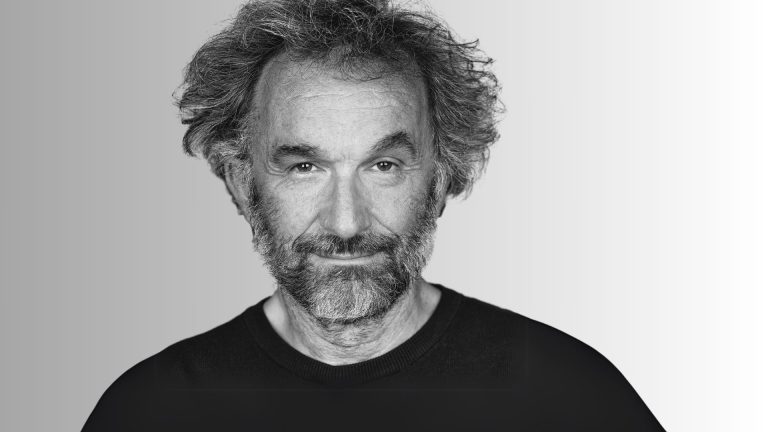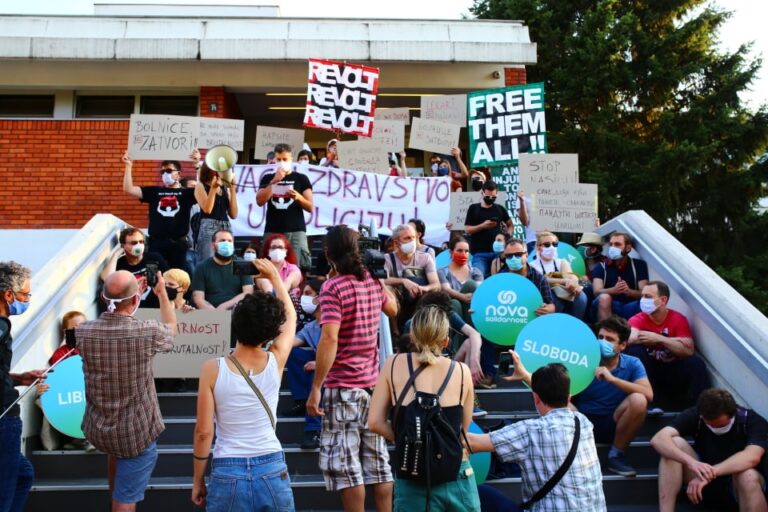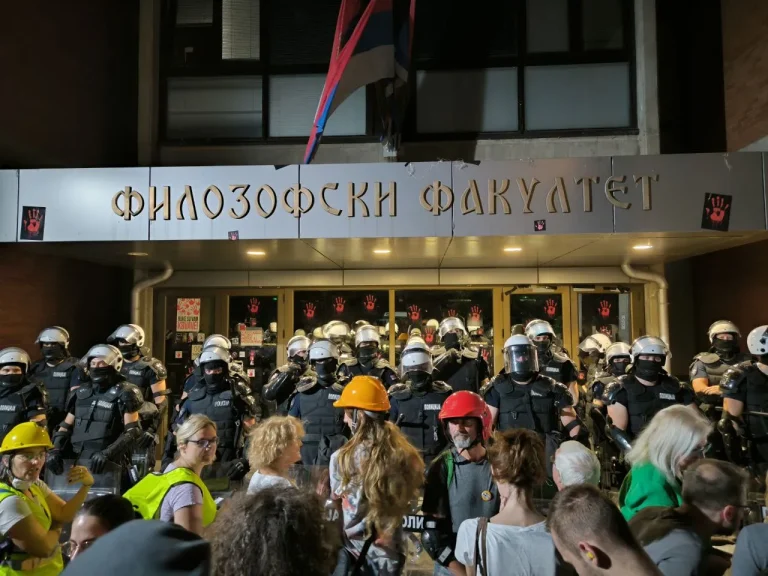The light we cannot lose
On this World News Day, for too many people, the future is getting too dark to see. This moment is best described as living in a state of perpetual flux, of global uncertainty and deep, unsettling insecurity.
On this World News Day, for too many people, the future is getting too dark to see. This moment is best described as living in a state of perpetual flux, of global uncertainty and deep, unsettling insecurity.



















